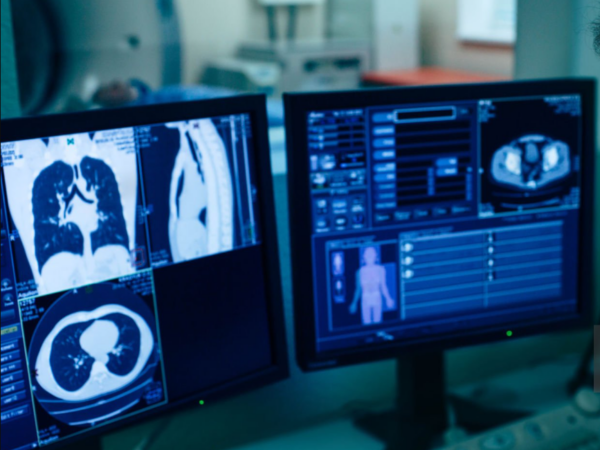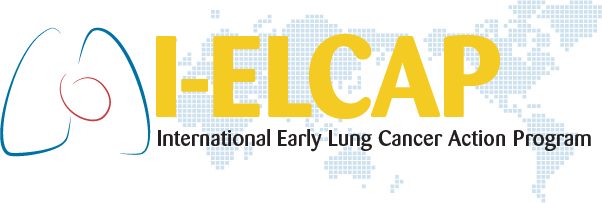I-ELCAP
The International Early Lung Cancer Action Program is an ongoing screening program that began accruing participants in 1992. It initially had two participating institutions, NYU and Cornell and now includes over 80 sites worldwide. The Principal Investigator for this program is Claudia Henschke PhD, MD, who is currently at Mount Sinai, which is the coordinating center for the program. Click here for more information.
I-ELCAP’s mission is to achieve early diagnosis, treatment, and ultimate cure of lung cancer through the rapid dissemination and advancement of research among a diversified, collaborative network.
Numerous publications document the findings of the I-ELCAP members’ work. Research findings include:
- Curability of Stage I lung cancer is 80-90%
- Annual CT screening allows at least 80% of lung cancers to be diagnosed at Stage I.
- CT screening creates a counseling opportunity that results in greater smoking cessation.
- Costs of CT screening for lung cancer compare favorably with breast, cervical, and colon cancer screenings.
ELCAP is the largest multi-center screening program in the world having already accrued over 100,000 participants and new sites continue to enroll. The program strives to be at the forefront of both innovation and clinical care, which has helped to set the standard in screening that has been adopted globally.

Our Research
Since our initial, ground-breaking findings released back in 1999, I-ELCAP member research has revolutionized approaches to lung cancer screening through low-dose CT scans.
In 2023, the 20-year Kaplan-Meier survival rates published in Radiology confirmed the previously published 10-year rates. The estimated cure rate is 80% (95% CI: 74-85%) for all lung cancers diagnosed under screening (i.e., both screen- and interim-diagnosed). For patients in clinical Stage I and resected within 2 months of diagnosis, the rate is 92% (95% CI: 88-95%).
The success of I-ELCAP is attributed to its well-structured design that offered screening to individuals at high risk for lung cancer within a clinical program using a continuously updated I-ELCAP protocol which details the many valuable additional findings made on the screening CT and recommendations for follow-up, the ELCAP Management System that ensured quality control and efficient management, and the use of an advanced registry which stored both radiologic images and related data.
I-ELCAP Investigators had started to use artificial intelligence (AI) in the 1990’s. Artificial Intelligence has advanced since this time, so we have started the IELCAP-AIRS project to fully integrate AI into the screening process.
Support I-ELCAP
I-ELCAP’s work is made possible in large part by donations from individuals. Every dollar counts in the fight to reduce lives lost to one of the world’s most deadly cancers.

Where to Get Screened
With dozens of member institutions,
I-ELCAP screening sites can be found around the world.
